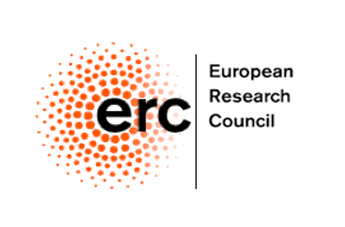In 2023, Marino Zerial was appointed Director of the Human Technopole in Milan, Italy, where he continues to lead his scientific research group. If you are interested in joining the Zerial Group at the Human Technopole, please visit their website and explore opportunities on the Careers page.






